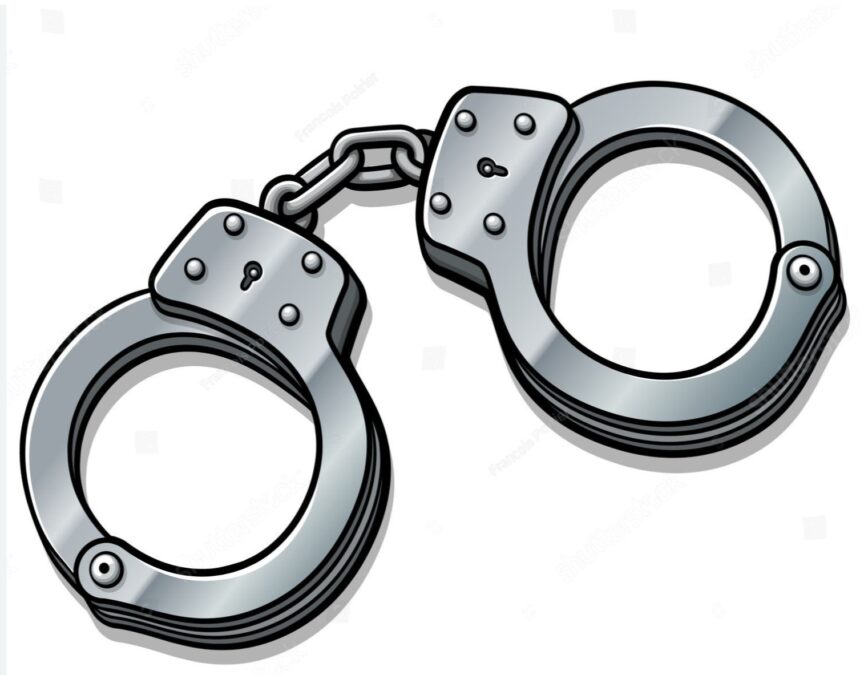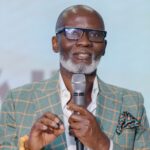For the first time in Ghana’s history, a former Attorney-General, the government’s principal legal adviser and the constitutional leader of the Bar, was summoned by the Criminal Investigation Department (CID) of the Ghana Police Service.
The invitation, triggered by a petition from a National Security Officer, has shaken the legal community and raised troubling questions 1about the state of law enforcement and professional ethics in the Republic.
The former Attorney-General’s appearance at the CID headquarters was not just another investigative routine.
He arrived flanked by a remarkable team of over seventy lawyers, who accompanied him in solidarity and protest.
Their message was clear: the invitation was improper, unprofessional, and a threat to the rule of law.
Their concern is not misplaced. The petition in question stems from a secretly recorded conversation between the Attorney-General and the petitioner, who, crucially, was an accused person in a case the Attorney-General himself prosecuted.
The recording is not new; it was tendered before the High Court of Ghana during the trial.
The High Court conducted a mini-trial on the secret recording, and after thorough examination, the Court, a body of competent jurisdiction, found no wrongdoing whatsoever on the part of the Attorney-General. The petitioner did not appeal.
That should have been the end of the matter. The principle of res judicata, that one cannot litigate the same issue twice, exists precisely to prevent such endless persecution.
Yet, through the back door, the issue has resurfaced under the guise of a “petition,” effectively attempting to re-litigate a matter already decided by the courts.
What makes this affair especially disturbing is that the current head of the CID is herself a lawyer of twenty-five years’ standing.
Indeed, on the very day the Attorney-General appeared before her department, she was being honoured at the Ghana Bar Association offices for her years of service to the profession.
One would expect that such a senior lawyer, steeped in the traditions of the Bar, would exercise restraint, judgment, and respect for due process.
Instead, her office presided over what appears to be an abuse of discretion and a breach of professional courtesy.
The former Attorney-General was arrested, escorted to the sixth floor of the CID, and interrogated for over four hours.
He was charged with fabrication of evidence and witness tampering, though the ingredients of those offences were non-existent by every legal measure.
The only semblance of courtesy extended to him was a self-recognizance bail; a right, not a favour.
Even more curious is the context of the alleged recording. It was made not in a government office or private residence, but in the home of a sitting Supreme Court Judge.
Another citizen has since petitioned for the National Security Officer and the Supreme Court Judge to be investigated.
Yet, only the former Attorney-General, who was introduced to the accused person through the very same judge, has faced public humiliation.
If fairness and accountability are truly the goals, then every individual connected to the incident must be investigated. Selectivity only erodes confidence in justice.
This episode sets a dangerous precedent. The Attorney-General is not an ordinary minister. The office is the only ministerial position explicitly provided for in Ghana’s Constitution.
To subject the holder, current or former, to such treatment on the basis of a frivolous and already-settled allegation undermines the sanctity of the office and diminishes the integrity of the entire justice system.
No one suggests that former officeholders should be immune from scrutiny. But scrutiny must be grounded in law, fairness, and respect for institutional order.
Today, it is the former Attorney-General. Tomorrow, it could be any other constitutional officeholder.
The cycle of political reprisal and institutional disregard must end, or we risk turning the law into a weapon of vendetta.
Ghana’s legal community, civil society, and the public must not remain silent. This is not merely about one man; it is about the preservation of the rule of law. When the law turns on its own guardian, no one is safe.
The measure of our democracy is not how we treat the powerful when they wield authority, but how we treat them when they no longer do.
The treatment of the former Attorney-General fails that test, and history will remember who stood up to speak when justice was placed in handcuffs.
P.Y. Atta




